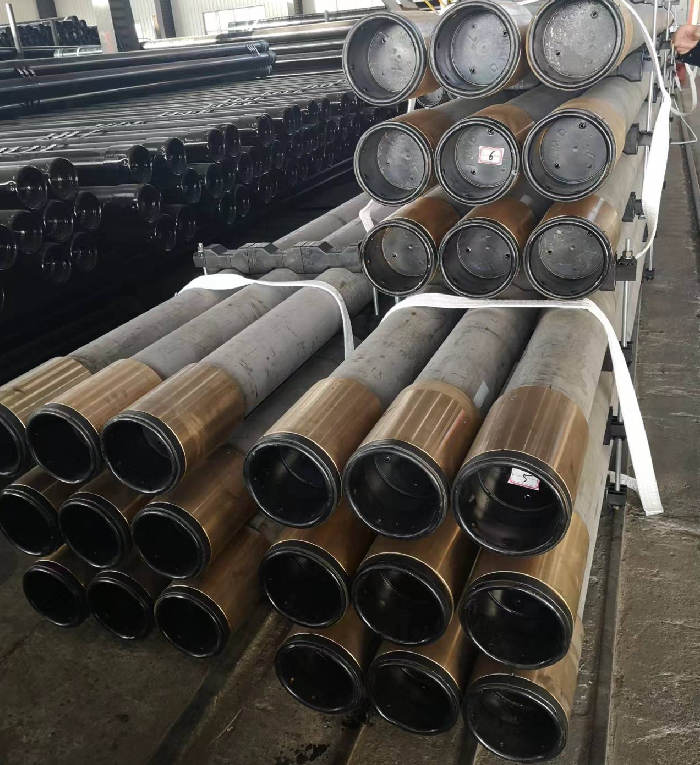- Afrikaans
- Albanian
- Amharic
- Arabic
- Armenian
- Azerbaijani
- Basque
- Belarusian
- Bengali
- Bosnian
- Bulgarian
- Catalan
- Cebuano
- Corsican
- Croatian
- Czech
- Danish
- Dutch
- English
- Esperanto
- Estonian
- Finnish
- French
- Frisian
- Galician
- Georgian
- German
- Greek
- Gujarati
- Haitian Creole
- hausa
- hawaiian
- Hebrew
- Hindi
- Miao
- Hungarian
- Icelandic
- igbo
- Indonesian
- irish
- Italian
- Japanese
- Javanese
- Kannada
- kazakh
- Khmer
- Rwandese
- Korean
- Kurdish
- Kyrgyz
- Lao
- Latin
- Latvian
- Lithuanian
- Luxembourgish
- Macedonian
- Malgashi
- Malay
- Malayalam
- Maltese
- Maori
- Marathi
- Mongolian
- Myanmar
- Nepali
- Norwegian
- Norwegian
- Occitan
- Pashto
- Persian
- Polish
- Portuguese
- Punjabi
- Romanian
- Russian
- Samoan
- Scottish Gaelic
- Serbian
- Sesotho
- Shona
- Sindhi
- Sinhala
- Slovak
- Slovenian
- Somali
- Spanish
- Sundanese
- Swahili
- Swedish
- Tagalog
- Tajik
- Tamil
- Tatar
- Telugu
- Thai
- Turkish
- Turkmen
- Ukrainian
- Urdu
- Uighur
- Uzbek
- Vietnamese
- Welsh
- Bantu
- Yiddish
- Yoruba
- Zulu
bull plug pipe fitting
Understanding Bull Plug Pipe Fittings A Comprehensive Overview
Pipe fittings are essential components in various piping systems, ensuring the efficient and safe transportation of fluids. Among these fittings, the bull plug stands out for its unique design and functionality. This article will delve into what bull plug pipe fittings are, their applications, materials used in their manufacture, and their advantages.
What is a Bull Plug?
A bull plug, also known as a bull head plug, is a specific type of pipe fitting designed to close off the end of a pipe. It is characterized by a more pronounced head that provides a larger surface area for sealing than standard plugs. Unlike regular plugs, which are typically cylindrical and smooth, bull plugs offer a more robust design that makes them suitable for various high-pressure applications.
Applications of Bull Plug Pipe Fittings
Bull plugs are utilized across a range of industries due to their effectiveness in sealing and pressure retention. Some common applications include
1. Water and Wastewater Management In water distribution systems, bull plugs help seal pipes at the end or during maintenance, preventing leaks and ensuring the system's integrity. Similarly, they are used in wastewater treatment facilities to manage flow and control pressure.
2. Oil and Gas Sector Bull plugs are frequently employed in oil and gas pipelines, where they serve to isolate sections of the pipeline for repairs or inspections. Their strong sealing capabilities are essential in environments where pressure is high, and leaks can be catastrophic.
3. Chemical Processing In chemical plants, bull plugs are utilized to prevent chemical spills and leaks. Given that these environments often involve corrosive materials, bull plugs made from suitable materials ensure durability and safety.
4. HVAC Systems Bull plugs are also used in heating, ventilation, and air conditioning (HVAC) systems to seal off unused pipe ends, ensuring that the system runs efficiently without any loss of air or fluid.
Materials Used in Bull Plug Manufacture
The performance and longevity of bull plugs largely depend on the materials used during their manufacture. Common materials include
- Steel Often used in high-pressure applications, steel bull plugs provide strength and durability
. Stainless steel versions are particularly valuable in corrosive environments due to their resistance to rust and degradation.bull plug pipe fitting

- PVC For applications involving water or chemical flow where lightweight fittings are advantageous, PVC bull plugs are popular. They offer good resistance to corrosion and are a cost-effective solution for many plumbing needs.
- Brass Known for its excellent resistance to corrosion and its ability to withstand high pressures, brass bull plugs are commonly used in plumbing and HVAC systems.
- Aluminum Lightweight and resistant to corrosion, aluminum bull plugs are suitable for applications where weight is a consideration, such as in mobile hydraulic systems.
Advantages of Bull Plug Pipe Fittings
The design and material properties of bull plugs confer several advantages, making them a preferred choice in many scenarios
1. Pressure Resistance Bull plugs can handle high pressures without failing, making them ideal for demanding applications.
2. Secure Sealing Their robust design enables a tight seal, reducing the risk of leaks and maintaining system integrity.
3. Versatility Bull plugs can be used in a variety of applications, from simple plumbing systems to complex industrial operations.
4. Ease of Installation They are generally easy to install and remove, allowing for efficient maintenance and repairs without significant downtime.
5. Cost-Effectiveness Although they provide robust performance, bull plugs are available at competitive prices, making them economical for various projects, whether large or small.
Conclusion
Bull plug pipe fittings play a crucial role in ensuring the safe and efficient management of fluid systems across multiple industries. Their features, including high pressure resistance, secure sealing, and versatile application, make them indispensable components in many piping systems. Whether in water management, chemical processing, or HVAC applications, bull plugs continue to provide reliable performance and safety, underscoring their value in modern engineering and industrial practices. Understanding their functionality and material options can help professionals make informed decisions for piping system requirements.
-
Tubing Pup Joints: Essential Components for Oil and Gas OperationsNewsJul.10,2025
-
Pup Joints: Essential Components for Reliable Drilling OperationsNewsJul.10,2025
-
Pipe Couplings: Connecting Your World EfficientlyNewsJul.10,2025
-
Mastering Oilfield Operations with Quality Tubing and CasingNewsJul.10,2025
-
High-Quality Casing Couplings for Every NeedNewsJul.10,2025
-
Boost Your Drilling Efficiency with Premium Crossover Tools & Seating NipplesNewsJul.10,2025







